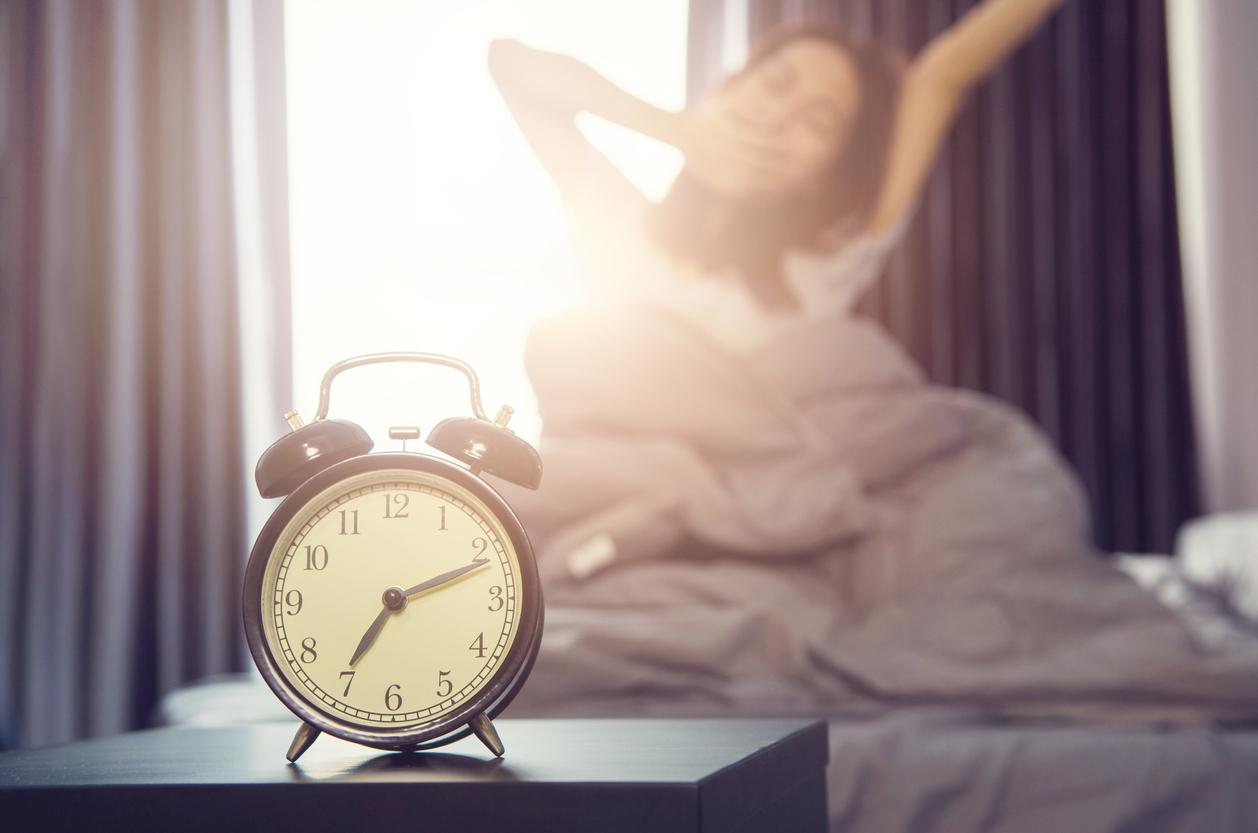Sleeping only two hours to wake up in great shape, soon possible? Researchers have set themselves the challenge of optimizing sleep sufficiently, by suppressing all phases of drowsiness, waking and REM sleep, to achieve this.

- The French sleep less than seven hours a night on average. This is, on average, an hour and a half less than 50 years ago, according to Inserm.
- However, a good sleep rhythm has many beneficial effects on physical and mental health: it boosts morale, stimulates creativity and promotes the proper functioning of the body.
- Adults (26-64 years old), need to sleep between 7 and 9 hours. Teenagers (14-17 years old) need 8 to 10 hours of sleep per night. People aged 65 and over show lower needs.
It’s well known that on average we spend a third of our lives sleeping. What if it was possible to take advantage of this precious time by sleeping much less but without being in the coal tar?
This is the somewhat crazy objective that scientists have set themselves, reported by Anicet Mbida in his column “The innovation of the day” at the microphone ofEuropean 1 : succeed in making us sleep two hours, or even less, while maintaining the same advantages as a full night of eight hours of sleep.
Optimizing sleep through electrical stimulation of the brain
How ? Thanks to maximum sleep optimization, which consists of plunging us directly into deep sleep, the most restorative phase of sleep. All other phases – drowsiness, awakening or REM sleep – would be suppressed. These are only the beginnings of research, but the concept is already there: stimulating the brain with the same type of impulses that we observe during deep sleep. Thanks to a helmet covered with electrodes programmed to activate for two hours, the objective is to make the brain believe that it has been able to rest as long as during a good night’s sleep of eight hours.
The problem is that during sleep, it’s not just our head that needs rest. Our body also requires it to get rid of toxins and reinvigorate itself, among other things. To compensate for this pitfall, scientists are working on sorts of cocoon beds or electronic pajamas capable of stimulating the organs and boosting their capacity for regeneration.
Sleeping 2 hours a night, what consequences on health?
Nevertheless, although the concept is enticing, such an experience could perhaps have adverse health effects in the long term. In reality, the scientific community lacks information on the consequences of such a change of pace. Moreover, the very success of such a project is still theoretical and the research is still far from complete.
Finally, even if it were possible one day, we would then have to think about the social consequences of this upheaval. How can society adapt to this new way of life where we only sleep for two hours, when we want it? The notion of work, rest, leisure… everything will undoubtedly have to be rethought.
















